The Future of CPU Modules in PLCs: Trends and Innovations to Watch
As industries continue to evolve and automate their processes, the role of Programmable Logic Controllers (PLCs) becomes increasingly vital. Central Processing Units (CPU) modules within PLCs have undergone significant advancements, shaping the landscape of industrial automation. In this article, we'll delve into the exciting trends and innovations that are shaping the future of CPU modules in PLCs.
Introduction
PLCs have come a long way from their early days as relay-based controllers. They are now integral to managing complex industrial processes with precision, efficiency, and flexibility. CPU modules are the brains behind these systems, responsible for executing control logic, managing communication, and ensuring seamless operations.
The Evolution of PLCs and CPU Modules
Over the years, PLCs have evolved from hardware-centric devices to software-driven systems. This evolution has led to the development of more sophisticated CPU modules capable of handling complex tasks and supporting various communication protocols.
Edge Computing and Distributed Control
Edge computing is revolutionizing how industrial processes are managed. CPU modules with edge computing capabilities can process data closer to the source, reducing latency and improving real-time decision-making.
AI and Machine Learning Integration
The integration of AI and machine learning into CPU modules empowers PLCs to learn from historical data, optimize processes, and predict potential failures. This paves the way for predictive maintenance and higher efficiency.
Real-Time Data Analytics
Modern CPU modules can perform real-time data analytics, enabling industries to extract valuable insights from their operations. This data-driven approach enhances decision-making and supports continuous improvement.
Enhanced Security Measures
As industrial systems become more connected, security becomes a paramount concern. Advanced CPU modules incorporate robust security protocols to protect against cyber threats and unauthorized access.
Scalability and Modular Architectures
CPU modules are now designed with scalability in mind. Modular architectures allow industries to customize their automation systems according to their needs, leading to reduced costs and improved efficiency.
Open-Source Platforms
Open-source PLC platforms are gaining traction, allowing for greater customization and innovation. CPU modules that support open-source software enable industries to adapt quickly to changing requirements.
Improved Energy Efficiency
Energy efficiency is a key consideration in modern industrial settings. CPU modules are being optimized for lower power consumption without compromising performance, contributing to sustainability efforts.
Human-Machine Collaboration
Advanced CPU modules facilitate smoother human-machine collaboration. With intuitive interfaces and better user experience, operators can interact more seamlessly with PLC systems.
Wireless Communication and 5G
Wireless communication is becoming more prevalent in industrial automation. CPU modules with 5G capabilities enable high-speed, reliable, and low-latency communication, unlocking new possibilities for remote monitoring and control.
Customizable FPGA Integration
Field-Programmable Gate Arrays (FPGAs) are being integrated into CPU modules to accelerate specific tasks. This level of customization enhances performance and responsiveness in critical applications.
Reduced Footprint and Miniaturization
Space constraints are a common challenge in industrial environments. Compact CPU modules with robust capabilities are being developed to fit into smaller spaces without sacrificing functionality.
Predictive Maintenance Capabilities
CPU modules with predictive maintenance features can monitor equipment health and performance in real time. By identifying potential issues before they escalate, downtime is minimized, and productivity is maximized.
Conclusion
The future of CPU modules in PLCs is exciting and transformative. With advancements in edge computing, AI integration, real-time analytics, and more, these modules are becoming the heart of agile and intelligent industrial automation systems.
Subscribe to Us !
-
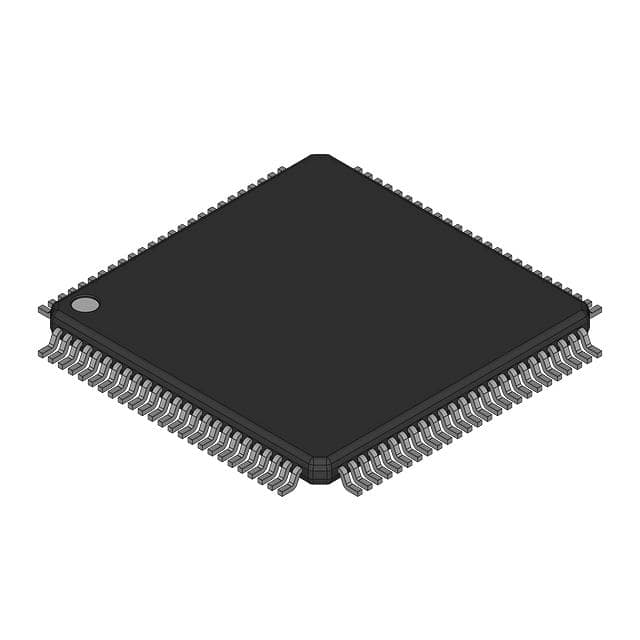 LV71081E-MPB-E
LV71081E-MPB-Eonsemi
-
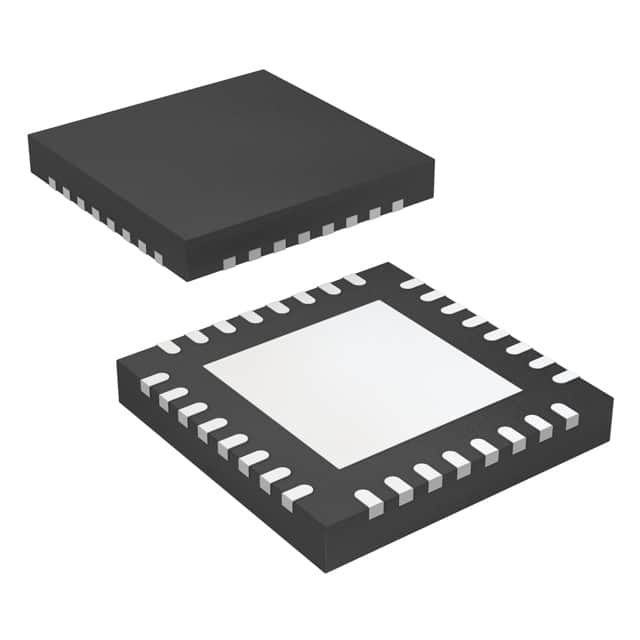 LMK00334RTVRQ1
LMK00334RTVRQ1Texas Instruments
-
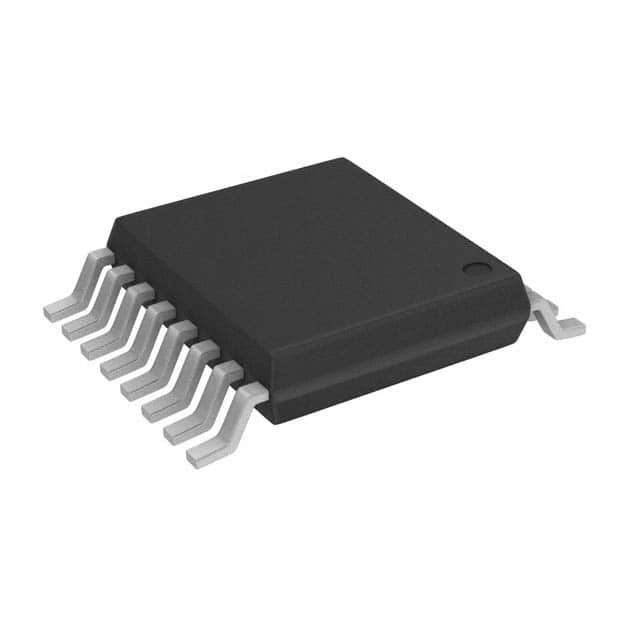 PI6C557-03LEX
PI6C557-03LEXDiodes Incorporated
-
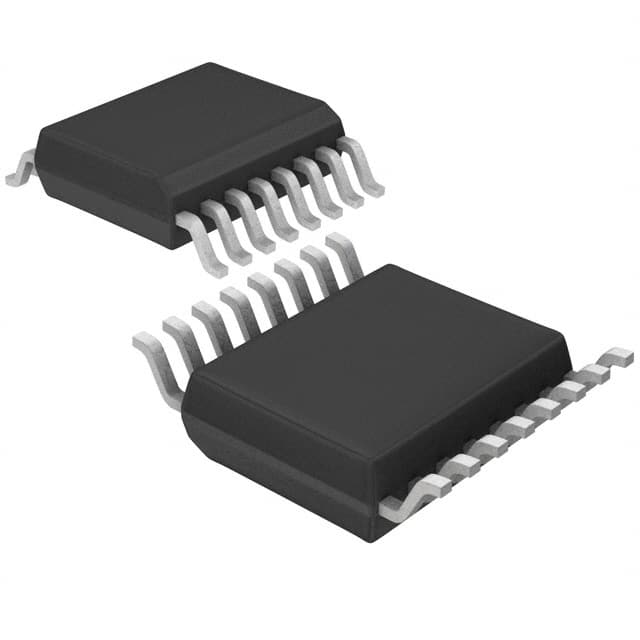 PCM1753DBQR
PCM1753DBQRTexas Instruments
-
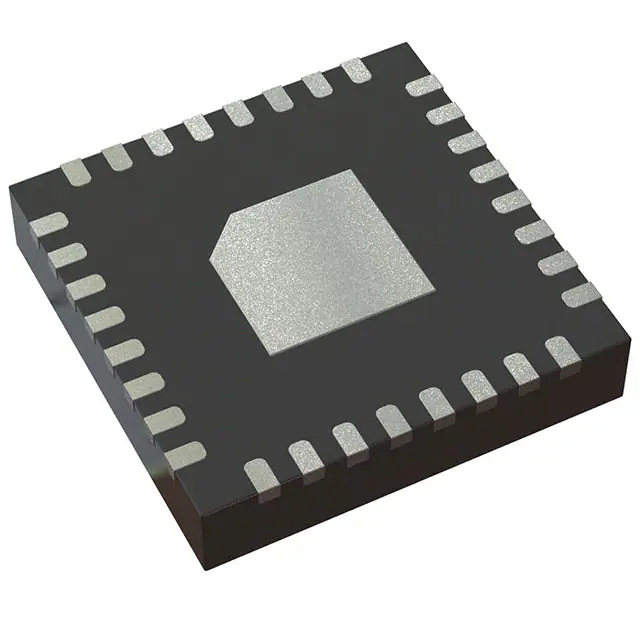 ADS1204IRHBT
ADS1204IRHBTTexas Instruments
-
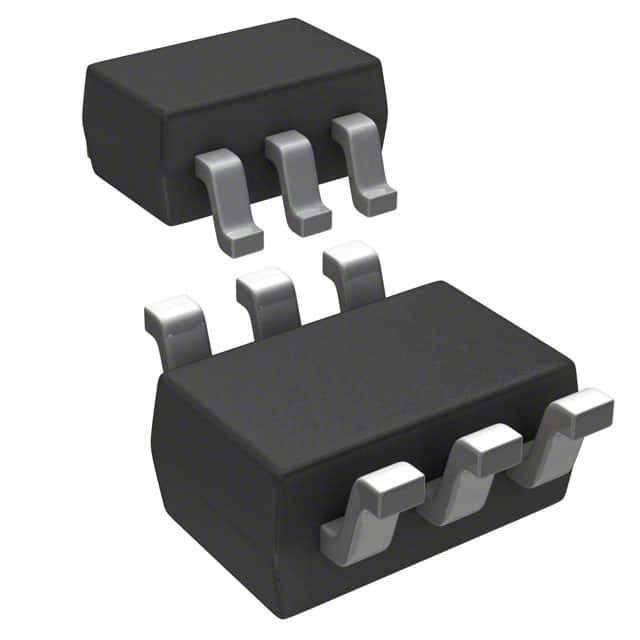 MCP4018T-104E/LT
MCP4018T-104E/LTMicrochip Technology
-
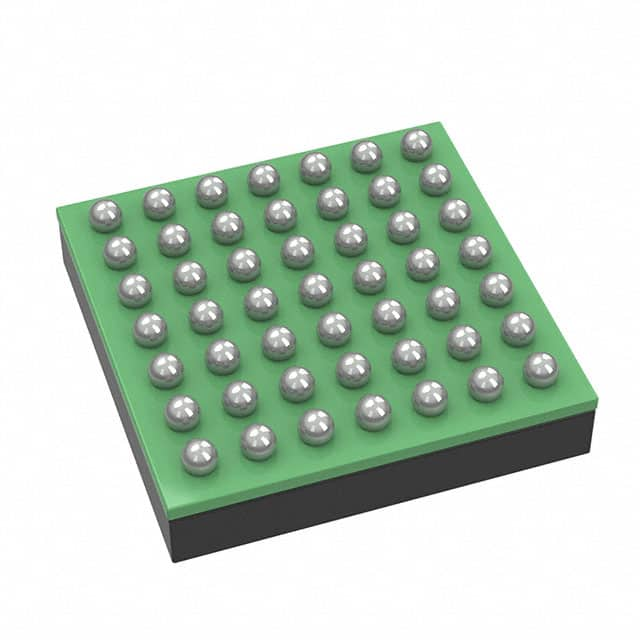 T4F49C2
T4F49C2Efinix, Inc.
-
.jpg) A40MX02-PLG44
A40MX02-PLG44Microchip Technology
-
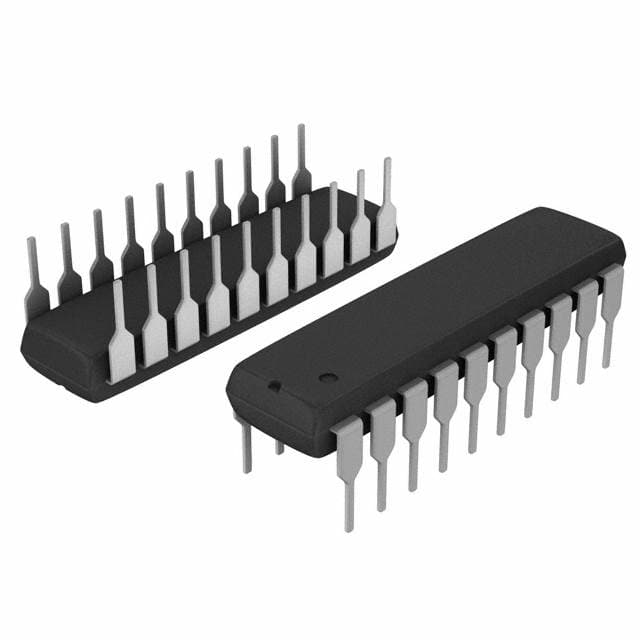 ATF16V8C-7PU
ATF16V8C-7PUMicrochip Technology
-
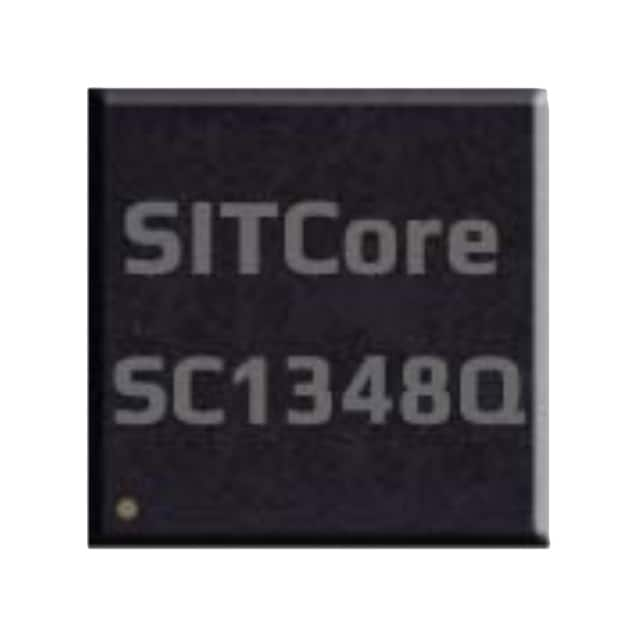 SC-13048Q-A
SC-13048Q-AGHI Electronics, LLC

